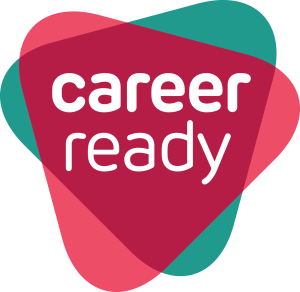Our Goals
LNSEN aims to increase neurodiversity awareness and create more opportunities for neurodiverse people by helping companies and employers understand the benefits of having a neurodiverse workplace where everyone can thrive together.
LNSEN will help:
Young neurodiverse/ SEND people in London
Employers in London
Recruiters and recruitment companies
Partners in London (other specialised schools, other organizations i.e. National Autism Society, Talentino)
Islington Council
Other collaborators
Improving employment outcomes
We work with employers and companies to improve employment outcomes for neurodiverse people.
Providing education and awareness
We provide education on the benefits of a neurodiversity workplace and why it is a competitive advantage.
Offering personalised advice and support
We provide support available in various formats from resources, trainings to personalised consultations.
We want a future where...
There are equal employment opportunities for neurodiverse people
All employers feel confident in providing a supportive and inclusive workplace
All neurodiverse/SEND people can thrive and be successful by feeling more supported, accepted and respected
Why neurodiversity needs recognition
"Many people with neurological conditions such as autism spectrum disorder and dyslexia have extraordinary skills, including in pattern recognition, memory, and mathematics. Yet they often struggle to fit the profiles sought by employers.”
Neurodiversity as a Competitive Advantage, Why you should embrace it in your workforce by Robert D. Austin and Gary P. Pisano. Harvard Business Review
“We should be celebrating differences that lead to better ideas, outcomes and solutions. Companies need to change, not individuals.”
David Joseph, chief executive of Universal Music UK, Financial Times
“Some of our important inventions, pieces of art, music and discoveries in the scientific field that have moved our world forward, come from autistic minds. With today’s exciting new technologies in neuroscience, we’ve seen that autistic brains differ from the norm, not only that, but it appears as if each and everyone differs in its own and unique way.”
Elizabeth Wiklander, Cellist With The London Philharmonic Orchestra (LPO) “Neurodiversity- the key that unlocked my world” TEDxGöteborg
Neurodiverse perspectives
“We should be celebrating differences that lead to better ideas, outcomes and solutions. Companies need to change, not individuals.”
Billy Chandler, Events Host at Royal Museums Greenwich, Autism Champion Ambassador
“To have neurodiversity is to be great”
“To have neurodiversity is to be great”. Doesn’t that sound like some quote from a campaign? Well, surprise, surprise! It’s not! What it means it to have neurodiverse minds to be stronger. The strengths we have in areas that could be lacking that strength in a group.
Of course we have weaknesses. Everyone does. We’re not Marvel villains, or Marvel heroes. We can acknowledge and identify our weaknesses but also identify our strengths. My personal strength is in writing I don’t even want to be a writer! Being a writer, professionally, feels like a waster of time, no offense. But that’s my strength. The worse thing to do would let it go to waste.
Our strengths on particular things can be utilised and expanded to boost for example, a group in a workplace to greatness!! I heard Einstein had autism, a brilliant example. Many minds that are undiagnosed are great. Neurodivergents aren’t’ “rare”. We are everywhere. Some have the privilege of getting diagnosed more and ultimately finding out what their difference is.
I often hear Neurodivergents say, after they’ve been diagnosed, “I know what’s wrong with me now”. SCRATCH that language. Nothing is wrong with you. It’s just internalised resentment after years of living in a neurotypical world. Love yourself and your mind.
So, as a neurotypical, you might be reading this, what now?
Well, as a neurodivergent, I say to you, we are more than our “weaknesses” or “diagnosis”. We are all the unknowing individuals who never knew who they truly are. You could be Neurodivergent, tomato, tomata, we are all the world!
We are living on a giant rock, essentially, so to make our experiences better: love, representation and lack of judgment is desperately important, because we all came out one way and we are all going to end up one way also.
Liz
“Autism and Me”
Being autistic to me is phenomenal. It makes me, myself and I’m proud to be autistic.
Autism affects me in many ways, some good and some bad, for example: I’m different and unique, however dealing with anxiety is like lava on my shoulders. Despite this, deep down I’m always euphoric and proud.
When I’m older I would live to become an explorer. This is because I love animals, nature and the solar system. David Attenborough is my hero and I actually received a letter from him! Moreover animals and nature are sensory to me so when I’m anxious they’re like a cure.
Autism is a part of me and it’s what makes me myself and I’m proud.
Angelina
“Neurodiversity”
Being neurodiverse means that my brain is wired differently. I don’t experience life the same way as others, and sometimes I struggle with seemingly simple tasks - but my neurodiversity makes me stand out, and while that may not always be in a positive way, my skills and unusual perspective has led to me being offered lots more opportunities in many aspects of my life.
Neurodiversity is important, and can be beneficial to many employers. Many employers are not prepared to accommodate individuals who need extra support, a lot of the time they simply don’t know how because it isn’t something they’ve ever really done before, which is why having a week to celebrate and try to educate others on our differences is extremely important.
It may be easier to include those who are born to function exactly as everyone without a diagnoses does, and exclude those that need accommodation in order to thrive, but a neurodiverse mind can often be a major asset. Whether it’s used for memorising, or coming up with new and unique ideas, there’s always something different to offer. By embracing our differences, neurodiverse and neurotypical individuals can come together and help each other develop, and create a more accepting community where everyone can feel welcome.
Nathan N
LNSEN Leadership
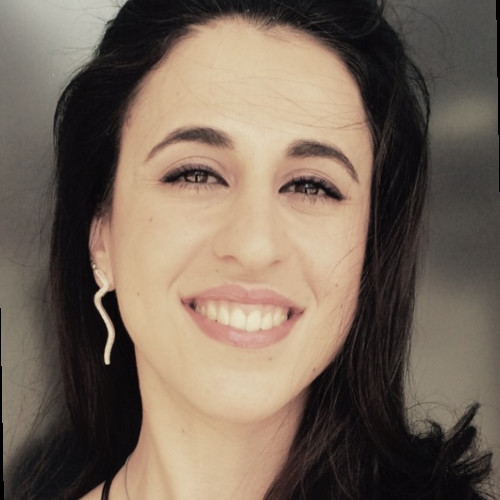
Elena Vidal
Head of Sixth Form and Outreach Lead at St. Mary Magdalene Academy (SMMA) - The Courtyard
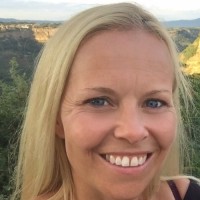
Deborah Shepherd
Headteacher at St. Mary Magdalene Academy (SMMA) - The Courtyard
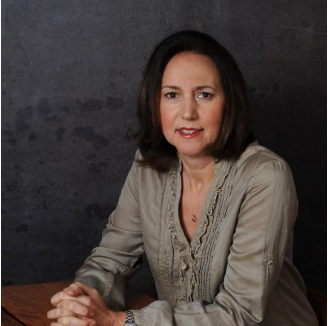
Katrien Buckens
Business Partnerships Manager at ThinkForward UK
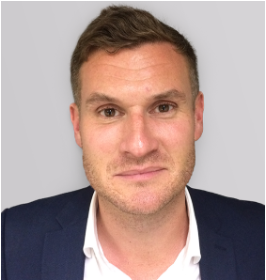
Sean Porter
DFN-MoveForward Delivery Manager at ThinkForward UK
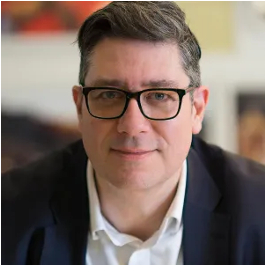
Mark Smith
Chief Operating Officer at Career Ready
Our Champions
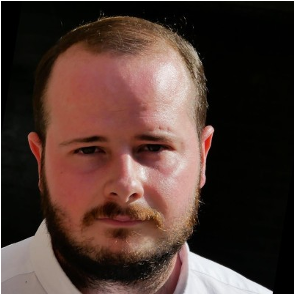
Billy Chandler
Events Host at Royal Museums Greenwich, Autism Champion Ambassador
Advisory Board
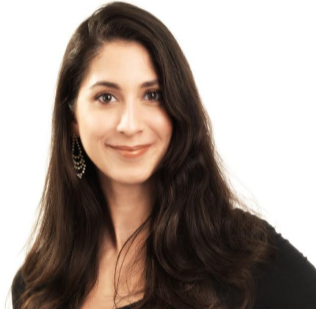
Emma Birchall
Chair of the Board

Sean Porter
DFN-MoveForward Delivery Manager at ThinkForward UK
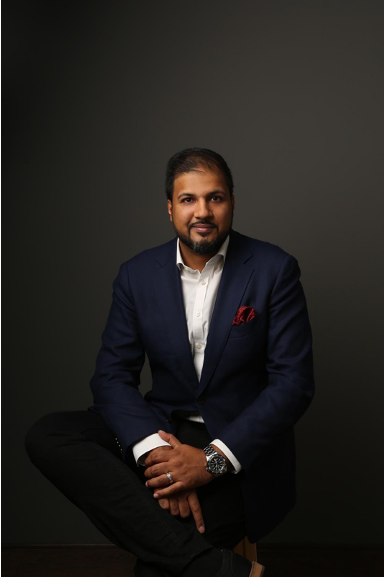
Vicrant Shabla
Strategic Account Director at Celonis
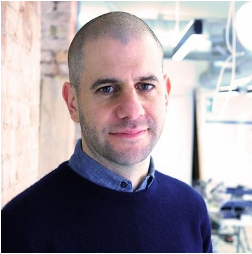
Matt Davis
Co-owner and executive creative director of Red Brick Road

Billy Chandler
Events Host at Royal Museums Greenwich, Autism Champion Ambassador

Mark Smith
Chief Operating Officer at Career Ready

Deborah Shepherd
Headteacher at St. Mary Magdalene Academy (SMMA) - The Courtyard

Elena Vidal
Head of Sixth Form and Outreach Lead at St. Mary Magdalene Academy (SMMA) - The Courtyard
Partnerships

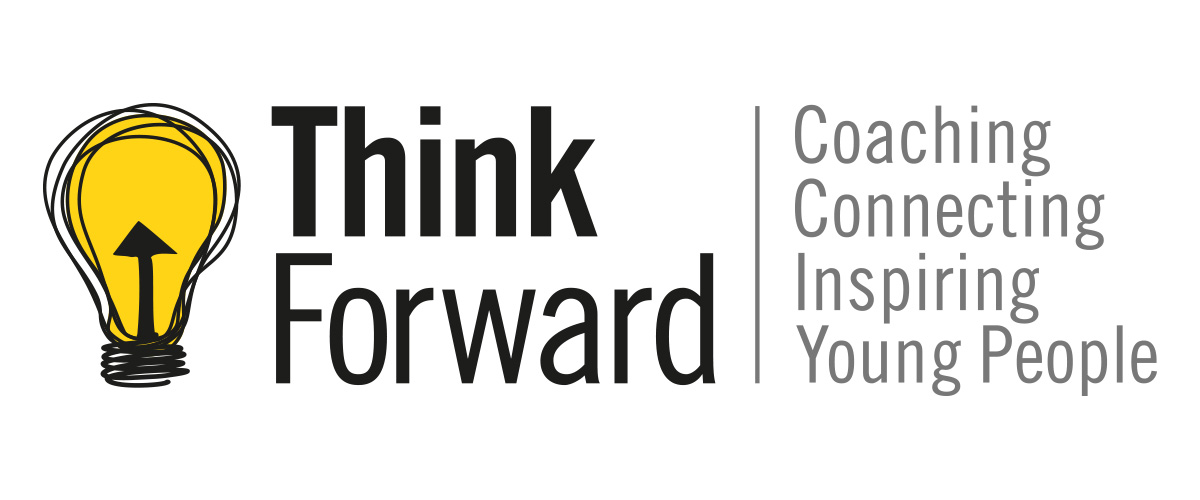
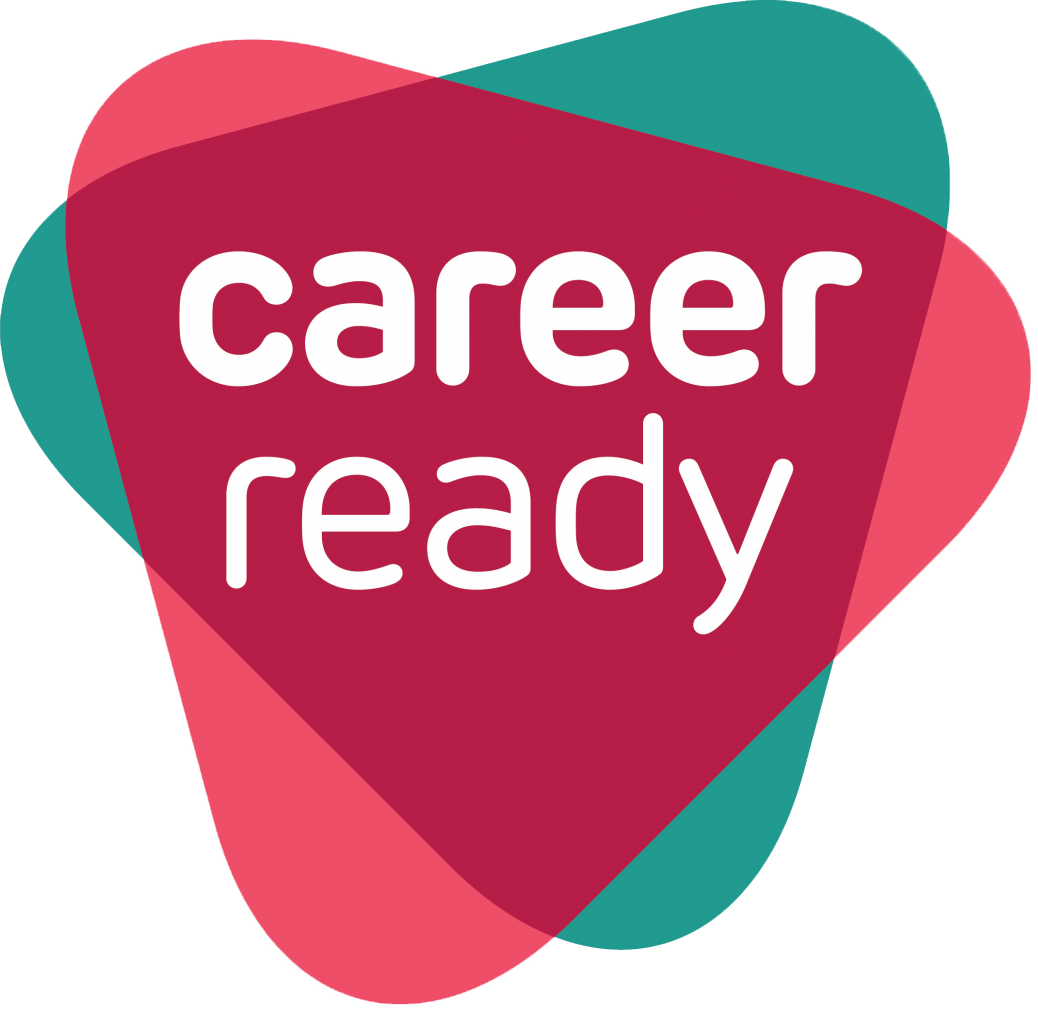
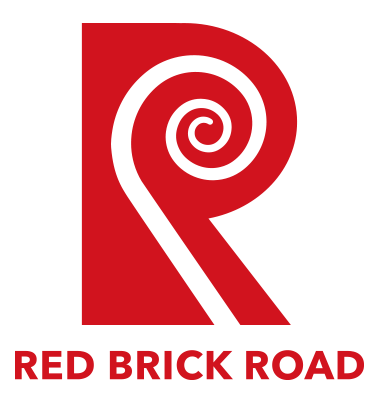
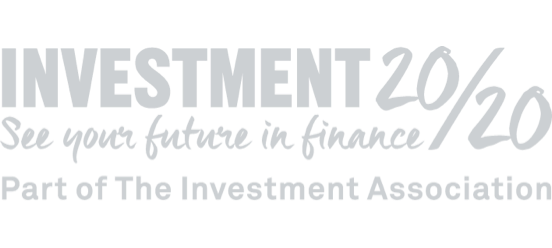

Do you have any questions?
Consultations are 30 mins each (1:1), £35 per consultation. These sessions will take place via online video conference/ phone.
